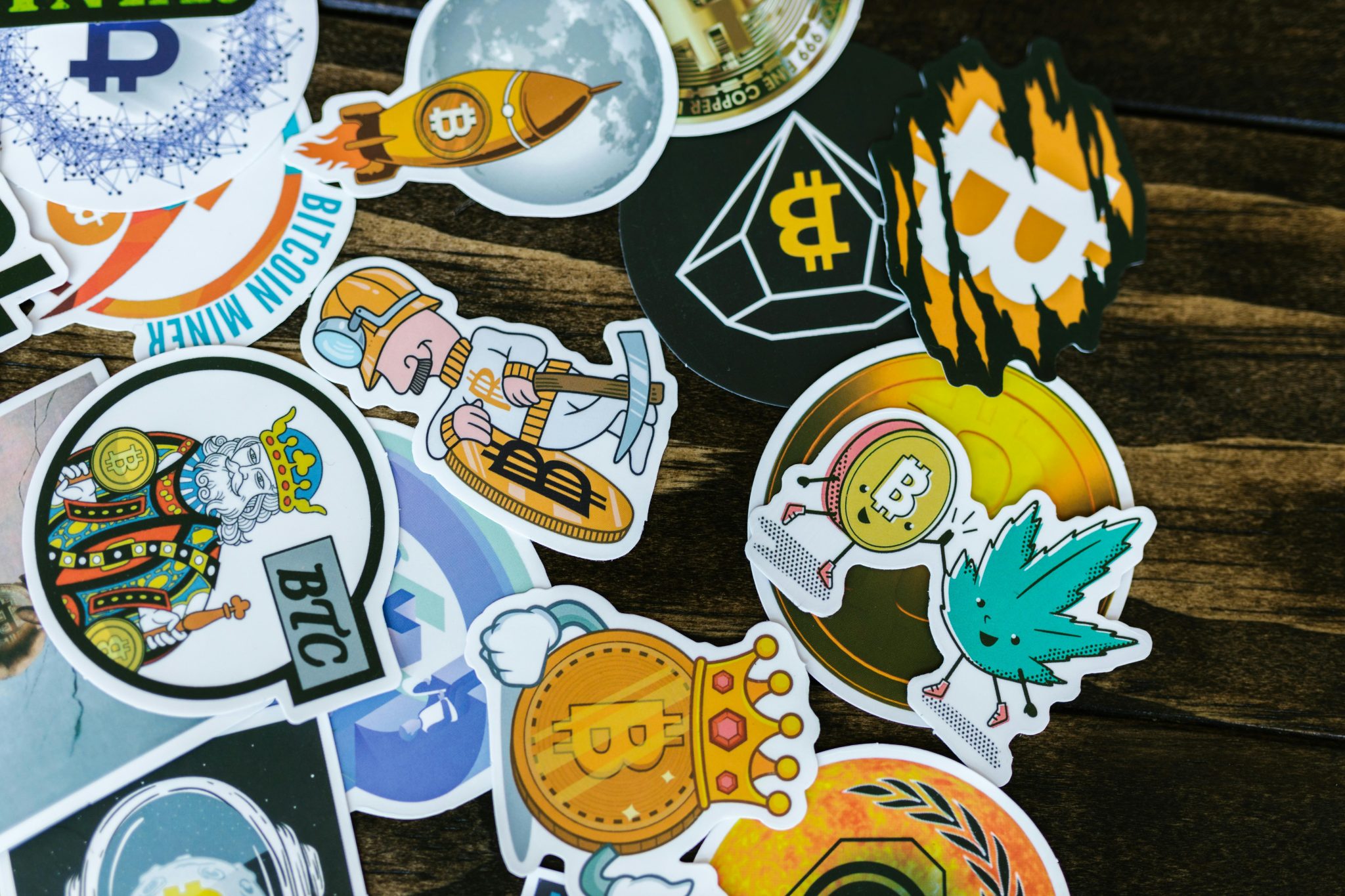
Introduction
As the non-fungible token (NFT) market expands, the need for efficient, secure, and transparent transactions becomes crucial. Smart contracts on tokenized platforms offer a solution by streamlining NFT transactions. This article delves into the mechanisms by which smart contracts enhance efficiency in the NFT space, providing a detailed understanding for crypto technologists.
Understanding Smart Contracts
Smart contracts are self-executing contracts with the terms of the agreement directly written into code. Operating on blockchain technology, they facilitate, verify, and enforce the negotiation or performance of a contract. This automation reduces the need for intermediaries, thus optimizing the transaction process in various applications, including NFTs.
The Role of Tokenized Platforms
Tokenized platforms provide the infrastructure necessary for creating, buying, and selling NFTs. These platforms utilize blockchain technology to ensure transparency and security, features that are further enhanced by smart contracts. By integrating smart contracts, these platforms can automate and streamline processes, reducing the complexity and time involved in NFT transactions.
Streamlined NFT Transactions
Smart contracts simplify NFT transactions by automating the execution of terms once predefined conditions are met. This automation ensures that transactions are executed accurately and without delay. For instance, upon the sale of an NFT, smart contracts automatically transfer ownership and funds, eliminating the possibility of human error and fraud.
Enhanced Security and Trust
Security is a paramount concern in NFT transactions. Smart contracts enhance security by ensuring that once deployed, the terms cannot be altered. This immutability builds trust among participants, as all parties can verify the transaction details on the blockchain, fostering a more secure trading environment.
Cost Efficiency
By eliminating intermediaries, smart contracts significantly reduce transaction costs. Traditional transactions often involve various fees charged by middlemen, but smart contracts minimize these expenses. This cost efficiency is particularly beneficial in the NFT market, where transaction volumes can be high, allowing participants to retain more value from their trades.
Speed and Automation
The automation provided by smart contracts accelerates the transaction process. In a traditional setting, transactions may take days or even weeks to finalize. However, with smart contracts, once the conditions are met, transactions are executed almost instantaneously, significantly enhancing the speed and efficiency of NFT marketplaces.
Interoperability and Customization
Smart contracts offer interoperability across various blockchain platforms, enabling seamless interaction between different NFT marketplaces. Additionally, they allow for the customization of NFTs, facilitating the creation of unique digital assets with specific attributes or functionalities, thus expanding the possibilities for creators and buyers in the NFT ecosystem.
Challenges and Considerations
Despite their advantages, smart contracts are not without challenges. The complexity of coding and the potential for vulnerabilities in poorly written contracts can pose significant risks. Therefore, thorough audits and testing are essential to ensure the security and functionality of smart contracts on tokenized platforms.
Future Prospects
As the NFT market continues to evolve, the integration of smart contracts on tokenized platforms is likely to become even more sophisticated. Innovations in blockchain technology and smart contracts could further enhance the efficiency and security of NFT transactions, driving broader adoption and opening new opportunities in the digital asset space.
Conclusion
Smart contracts have revolutionized the way NFT transactions are conducted, offering streamlined processes, enhanced security, and reduced costs. For crypto technologists, understanding the intricacies of these contracts and their application on tokenized platforms is crucial. As the technology progresses, smart contracts will undoubtedly play an integral role in shaping the future of NFT transactions, paving the way for a more efficient and secure digital marketplace.
[page-generator-pro-related-links group=”NFT” limit=”3″ output_type=”list_of_links” title=”More NFT Articles”]





